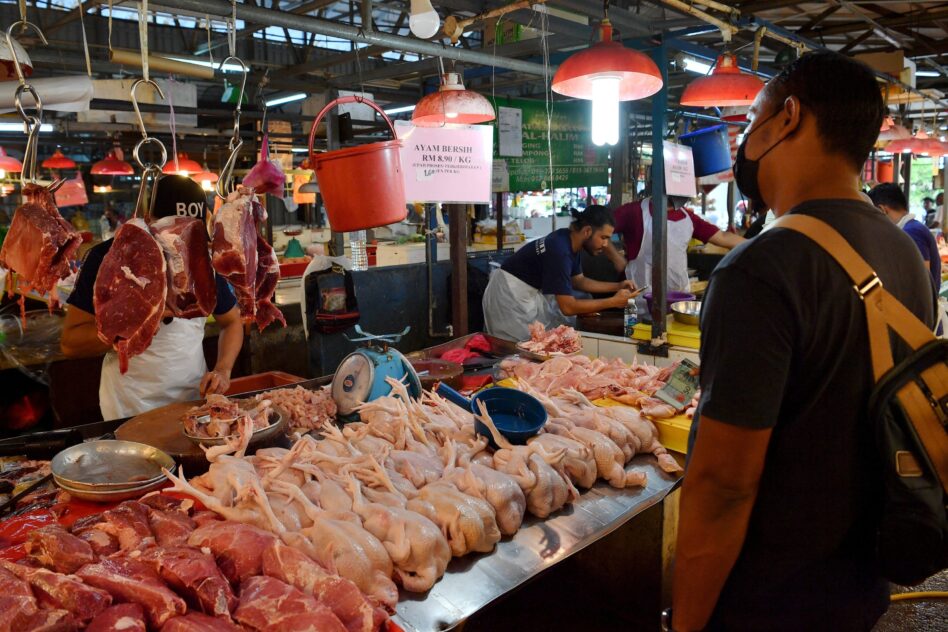By Sharina Ahmad
THE Covid-19 pandemic has caused a broad range of supply chain concerns, especially to small and medium-sized enterprises (SMEs). Undoubtedly, each business has its own unique set of supply chain challenges issues to contend with at the moment.
These issues include labour, cash and the supply of materials. But how to overcome the supply disruption given the scale of the crisis and the rate at which it is evolving?
To mitigate the impacts of the crisis on supply chains, consultant and trainer Jeroen Hendriks of Artof Supply Chain Sdn Bhd, a consultancy company focusing on supply chain operations, said risk management in this time is crucial.
“If you have limited resources keep it simple; take time to analyse deeper.
“The main risks are insufficient people and cash. Look at them in your own company, and at your suppliers and customers. Even at their suppliers and customers. Locally and abroad,” he told FocusM.
He said the business needs to act appropriately based on the situation. “Once you can see the problems coming, there are actions you can take.
“For example, the business owner needs to re-negotiate the supplier contracts, reduce purchasing to the minimum, alter the specifications of the products, produce new products or offer different services, enter new markets and tie in with customers.”
He noted that although times are tough ahead, there is always room for opportunities.
“There are low (zero) cost ones like training your staff or reorganising, but also ones which require investment like new technologies, redesigning your supply chain or buying over a competitor. Once you see possibilities, it is possible to come out of this stronger,” he asserted.
At this juncture, Hendriks said, people and cash will be the most important variables.
“The current extraordinary situation affects every industry, every person and every government around the world. The only two variables which bind all of them together are people and cash.
“People were always a major resource, but never a major problem. Now people are limited to providing time to produce and provide services. Because of this extraordinary circumstance sales are going down dramatically, while costs cannot follow so fast. The result is a major hit on the cash positions of companies, governments and in the end the people,” he said.
Malaysia’s maritime analyst Nazery Khalid spoke of huge volumes of manufactured goods and natural resources being stuck at warehouses, farms, production fields/mines, and there are reports in the US and Europe of agricultural produce being thrown away or left to rot as demand for them declines steeply.
“In addition, for many manufacturers and producers of resources, workers and assets are not available to harvest, process, package and transport them to markets due to the movement control order (MCO),” he told FocusM.
Owing to the economic impact of the pandemic, Nazery said many companies are suffering from lack of funds to pay their staff, suppliers/vendors and overheads and meeting their financial obligations to creditors.
“Many have embarked on staff reduction exercises and will continue to bleed financially as the movement restrictions continue, and suffer from demand destruction or sharp reduction for their products and services.
“Even after the restrictions are lifted, many companies will not be able to quickly scale up production as their supply lines of materials and goods will take time to recover from the devastating effects of the pandemic,” he added.
The huge backlog of goods stuck along global supply chains will take a long time to clear. In addition, the confidence of consumers has been shaken and they will continue to practise social distancing and be cautious in spending. Businesses will also take time to recover and be slow to take up loans post-Covid-19.
How to minimise risks?
There’s no magic wand solution to minimise the impacts of this unprecedented situation whose effects will surely long after the virus is gone, said Nazery.
“Even the relief/stimulus packages offered by governments to stave off recession and massive unemployment can only go so far.
“Supply chains, businesses, industries, consumer confidence, financing flow and the national and global economies will be restored to their previous state only long after things get back to normal following the pandemic,” he noted.
He added that financing must be made available quickly so businesses and industries can get back on track and consumers can buy and procure services once more.
“Even then, there will be a lot of things which will become the ‘new normal’. The supply chains, businesses, industries and economies will never be the same again following this deadly outbreak and devastating episode,” said Nazery. – April 29, 2020










